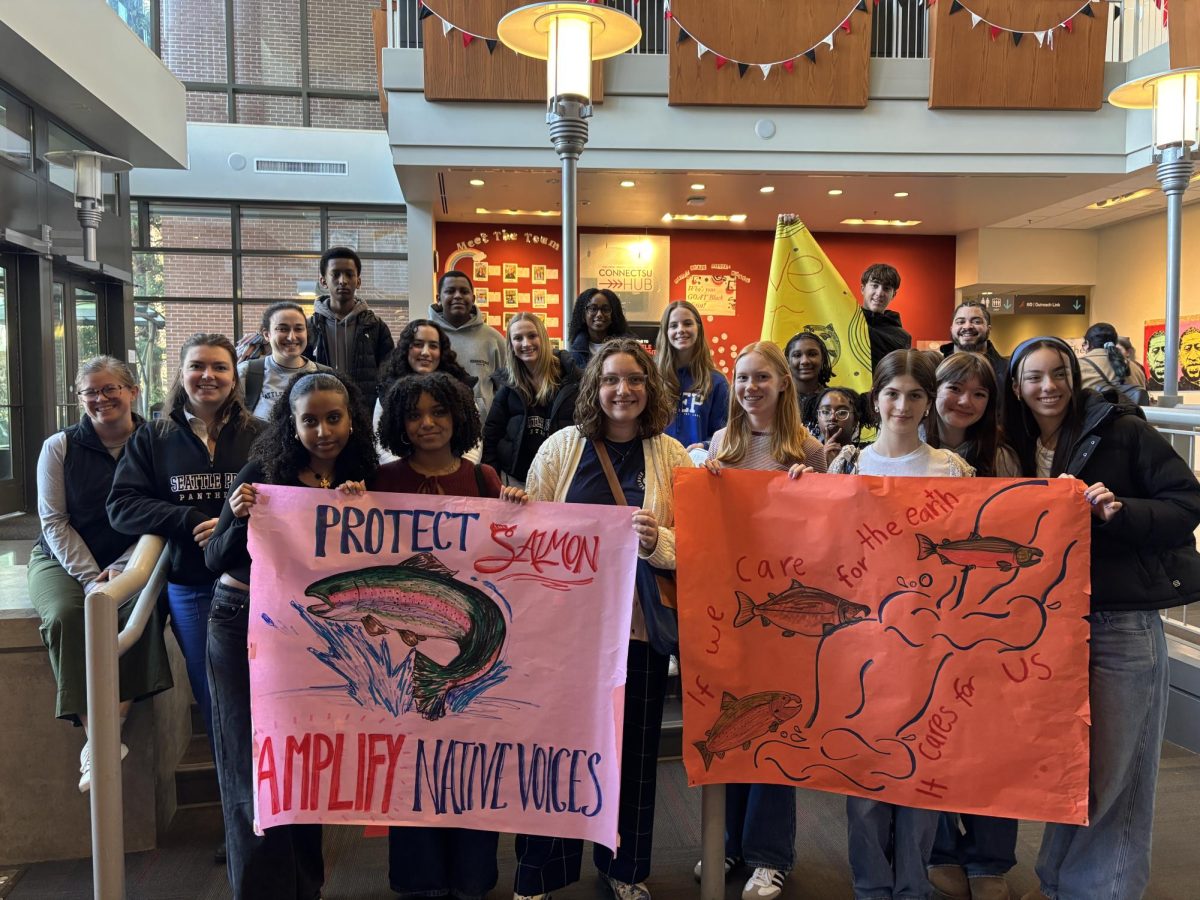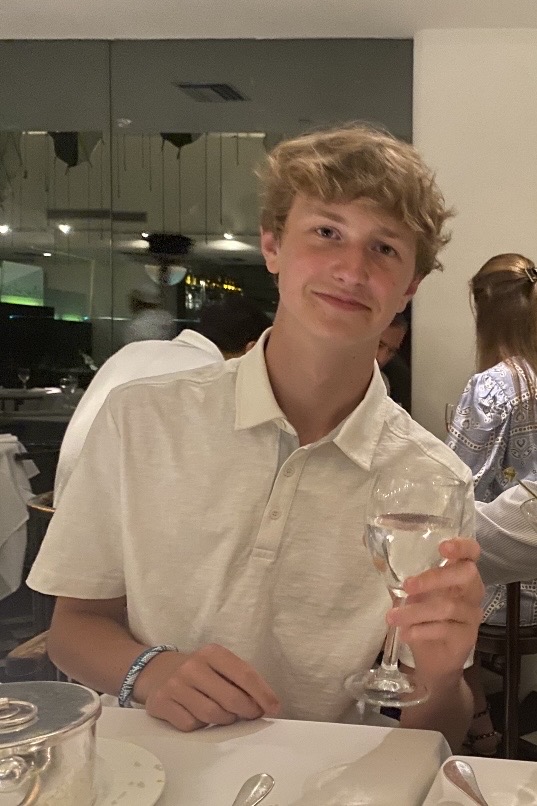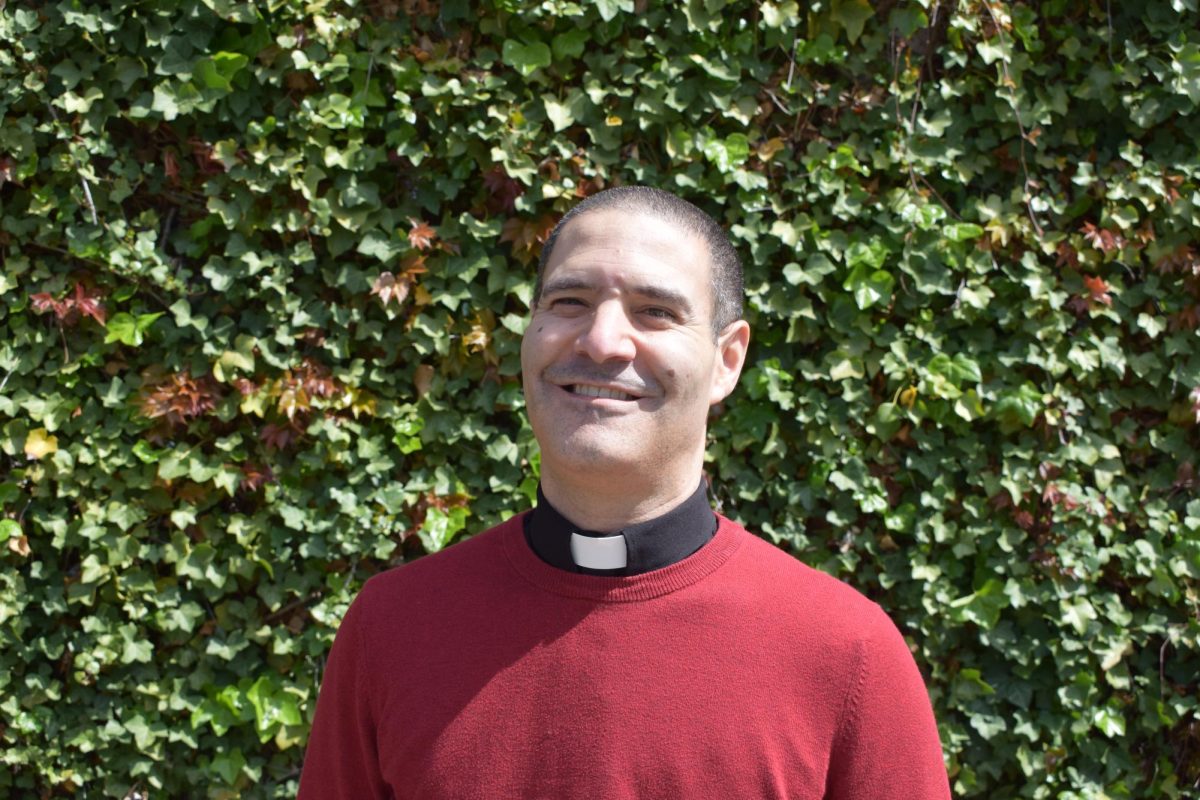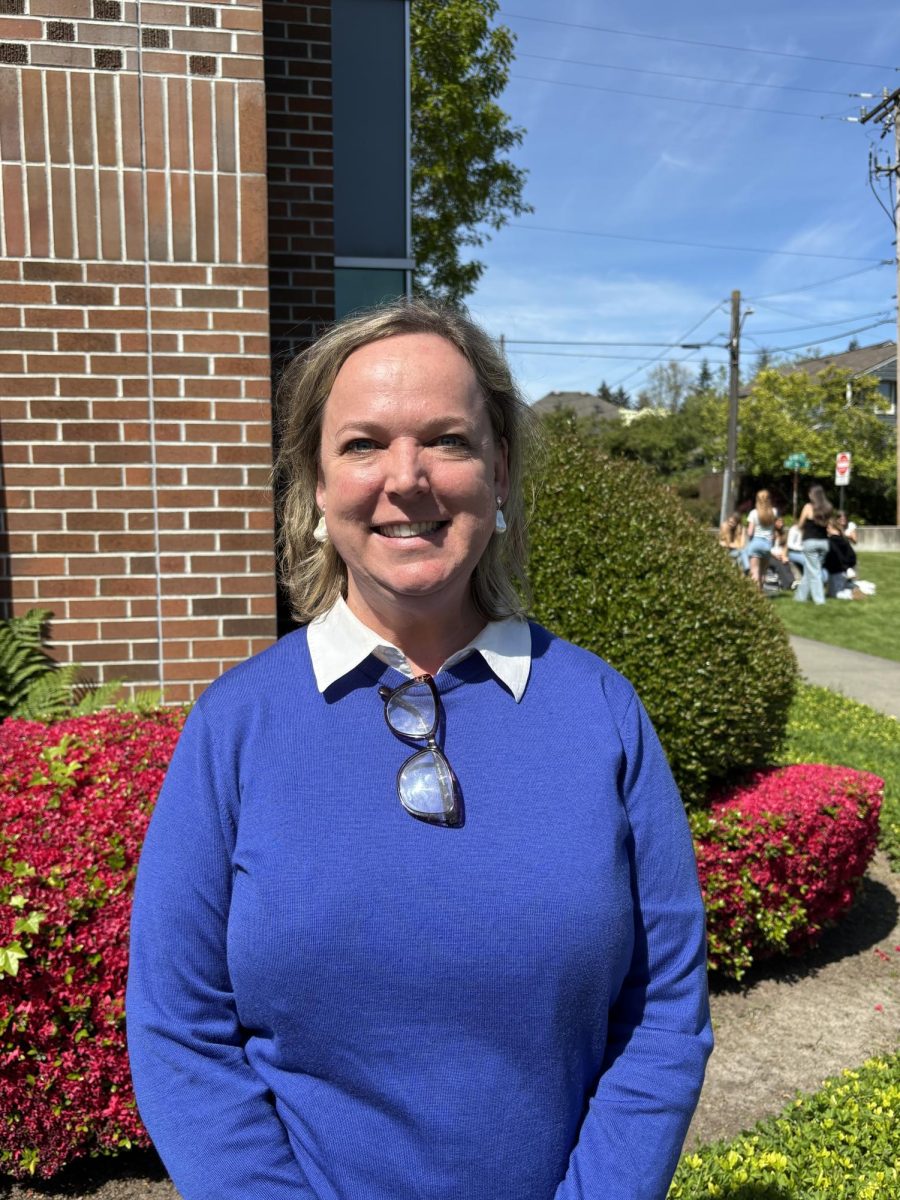Indigenous communities, the Pacific Northwest’s beautifully intricate ecosystem, and many small business owners depend on one thing: salmon. However, salmon populations are rapidly declining due to the implementation of dams. In response, a group of Prep students attended the Northwest Ignatian Advocacy Summit to learn more about the issue and how to take civil action.
The summit takes place each year with a focus on salmon and their significance to the ecosystem and neighboring communities. Jesuit High Schools in Washington gather to discuss how dams are degrading the environment and how students can speak out for justice. Students learned from others’ stories and focused on crafting their own to be compelling advocates.
During this year’s summit from February 27th through March 1st, the students listened to stories and learned about how many tribes within the Columbia River basin name themselves “salmon people.” These tribes’ cultural identities are deeply connected to the salmon that supports their everyday lives. If salmon are killed off, it will be detrimental to native cultures and economies.
However, almost half of the Snake River salmon and steelhead populations have reached near extinction. The National Oceanic and Atmospheric Administration (NOAA) has determined that dam breaching is essential to restore Snake River salmon populations. These northwest tribal nations include the Nez Perce, Yakima Nation, Warm Springs and Umatilla and other affiliated tribes. The National Congress of American Indians has been fighting for decades to save this keystone species and for river restoration.
After attending the Northwest Ignatian Advocacy Summit centered around the issue, Libby Jenness ’25 explained, “Salmon are a keystone species part of our ecosystem and the Pacific Northwest, without them there is a lot that can go askew.”
Another student, Lillian Martin ’26 stated, “It’s so important we save the salmon because they are so sacred to the Pacific Northwest.”
Dams within the Columbia and Snake River basins create slow-moving reservoirs and heat the water, creating uninhabitable conditions for salmon. Removing the four lower Snake dams will open up 5,000 miles worth of a clean, protected and high-elevated habitat, providing a sanctuary for the endangered salmon and steelhead to restore its prosperous and healthy populations.
Due to the endangerment of salmon, there have been many alterations to fishing rules and an increase in closures. This negatively impacts those who fish for sport and tribal fisheries, causing many businesses and tribal communities to struggle. Removing the dams will help revitalize the economy by repopulating salmon and benefiting the ecosystem and neighboring communities.
Another student who attended the summit this year, Mica Mamplata ’27, shared her previous experiences growing up in Sammamish celebrating the salmon each year at the annual Salmon Day Festival. The festival had previously been a time of excitement watching the abundance of “God’s creation” climbing up the river until recently when she could only spot a couple.
“It was really sad because we came to celebrate this amazing creature just to see them gone… it really hurts” Mamplata said.
The group of Prep students who attended the summit learned more about the issues, participated in intergenerational discussions, and collaborated to create solutions. These students transformed their hurt into action as they ended the weekend with a passionate town hall.
Now is the time to take action. Work towards change by contacting Senator Murray and Governor Ferguson, asking them to move forward, replace the services, and remove dams. Contact Senator Cantwell to thank her for her previous work with salmon recovery and request her to partner with Senator Murray and Governor Ferguson to replace the dams urgently. Learn more about how to take direct action and speak out for the voiceless at wildsalmon.org. Continue spreading the word to raise awareness and save salmon.
“God created the earth as a gift to us and it is our duty to take care of the salmon as the salmon take care of us,” Mamplata urged.






